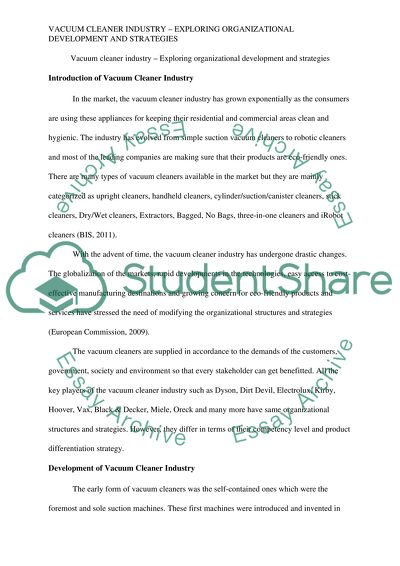Cite this document
(“Industry Paper-Exploring organaizational development and strategies Essay”, n.d.)
Industry Paper-Exploring organaizational development and strategies Essay. Retrieved from https://studentshare.org/human-resources/1624228-industry-paper-exploring-organaizational-development-and-strategies
Industry Paper-Exploring organaizational development and strategies Essay. Retrieved from https://studentshare.org/human-resources/1624228-industry-paper-exploring-organaizational-development-and-strategies
(Industry Paper-Exploring Organaizational Development and Strategies Essay)
Industry Paper-Exploring Organaizational Development and Strategies Essay. https://studentshare.org/human-resources/1624228-industry-paper-exploring-organaizational-development-and-strategies.
Industry Paper-Exploring Organaizational Development and Strategies Essay. https://studentshare.org/human-resources/1624228-industry-paper-exploring-organaizational-development-and-strategies.
“Industry Paper-Exploring Organaizational Development and Strategies Essay”, n.d. https://studentshare.org/human-resources/1624228-industry-paper-exploring-organaizational-development-and-strategies.


